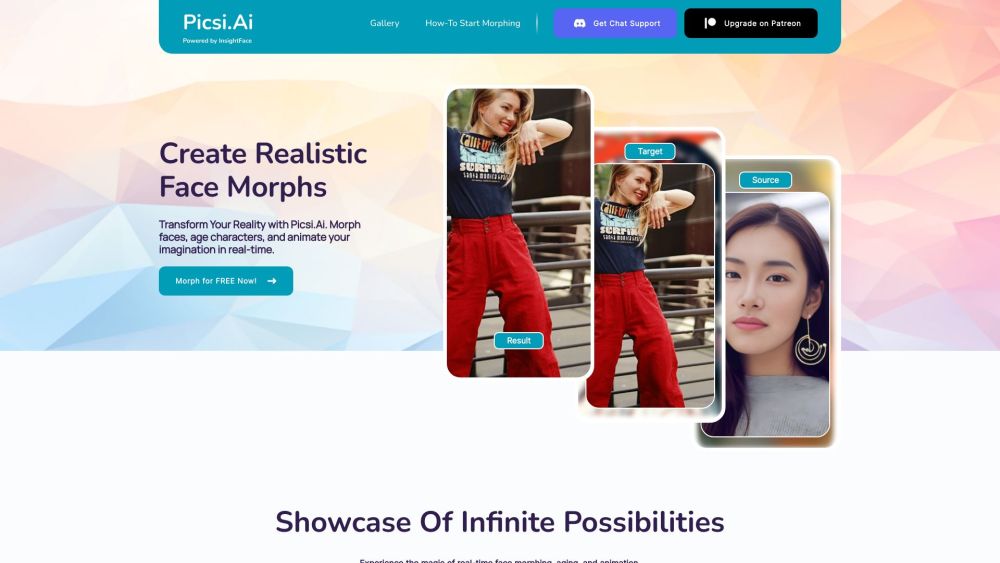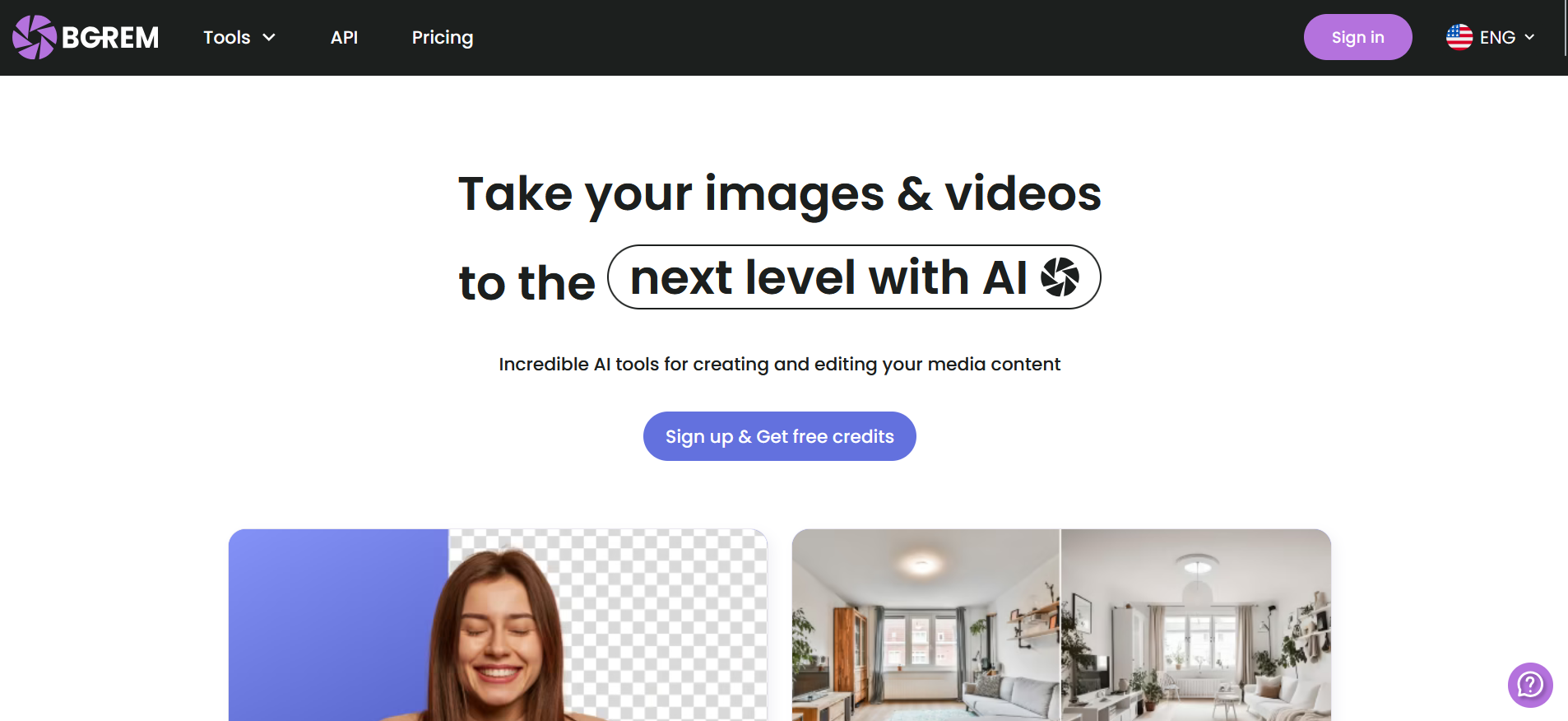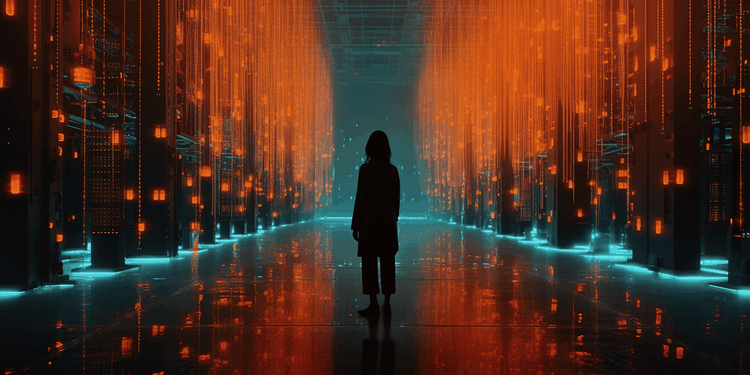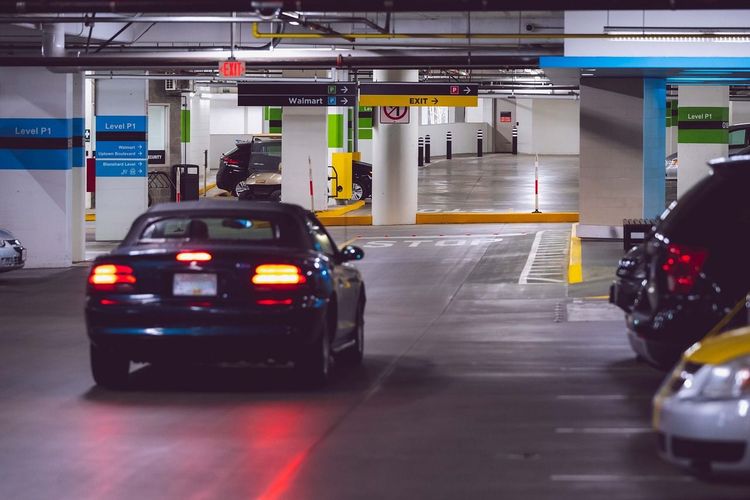On Wednesday, a federal judge halted enforcement of California’s new AI law, just days after it was signed by Governor Gavin Newsom. Following the signing of AB 2839, Newsom hinted that the legislation could compel Elon Musk to remove an AI-generated deepfake of Vice President Kamala Harris he had shared, igniting a minor online controversy. However, a California judge recently ruled that the state cannot yet require the removal of election-related deepfakes.
AB 2839 specifically targets individuals who share AI deepfakes on social media, particularly those that imitate political candidates and are knowingly false, potentially misleading voters. This law is distinctive as it focuses on the individuals who disseminate deepfakes rather than the social media platforms themselves. It authorizes California judges to mandate the removal of AI deepfakes or impose financial penalties on violators.
Unsurprisingly, the original creator of the deepfake, an X user named Christopher Kohls, swiftly filed a lawsuit claiming that California’s new law infringes on free speech. Kohls’ attorney argued that the deepfake of Kamala Harris is a form of satire protected under the First Amendment.
On Wednesday, U.S. District Judge John Mendez ruled in favor of Kohls, issuing a preliminary injunction that temporarily prevents California's attorney general from enforcing the new law against him or others, with the exception of audio clips covered under AB 2839.
Here’s what Judge Mendez stated in his ruling:
"Almost any digitally altered content, when judged by an arbitrary individual on the internet, might be viewed as harmful. For instance, AI-generated estimations of voter turnout could be classified as false information that undermines trust in the election’s outcome under this statute. Conversely, many so-called ‘harmful’ representations might not impact electoral prospects or diminish confidence at all. As the Plaintiff convincingly argues, AB 2839 'depends on a range of subjective terms and poorly defined mens rea,' potentially affecting vast amounts of political and constitutionally protected speech…[W]hile there is justified concern over a digitally manipulated media environment, this worry does not grant lawmakers unchecked authority to infringe upon the long-standing rights to critique, parody, and satire under the First Amendment. Social media content is akin to the newspaper ads and political cartoons of past eras, and the First Amendment safeguards the right to expression, regardless of the medium…Other legal avenues, such as privacy violations, copyright issues, or defamation claims, already offer protections for public figures and individuals whose reputations may be harmed by manipulated representations circulated by satirists or opportunists online…The evidence indicates that California has a compelling interest in maintaining election integrity and regulating artificially altered content. Nevertheless, the state’s interests and challenges are minimal when weighed against the significant First Amendment rights at stake and the ongoing constitutional infringements faced by the Plaintiff and other similar creators experiencing their speech being suppressed."
In summary, the judge ruled that the law, as currently drafted, is overly expansive and risks significant encroachment by state authorities into the realm of protected speech.
As this is a preliminary injunction, it remains to be seen whether this California law will be permanently blocked. However, it is unlikely to impact the upcoming elections significantly. AB 2839 is one of 18 new AI-related laws that Newsom has enacted recently.
This outcome is a notable victory for advocates of free speech, including Elon Musk and his supporters on X. Following Newsom's signing of AB 2839, Musk and his allies shared several AI deepfakes that challenged the legality of California's new legislation.






